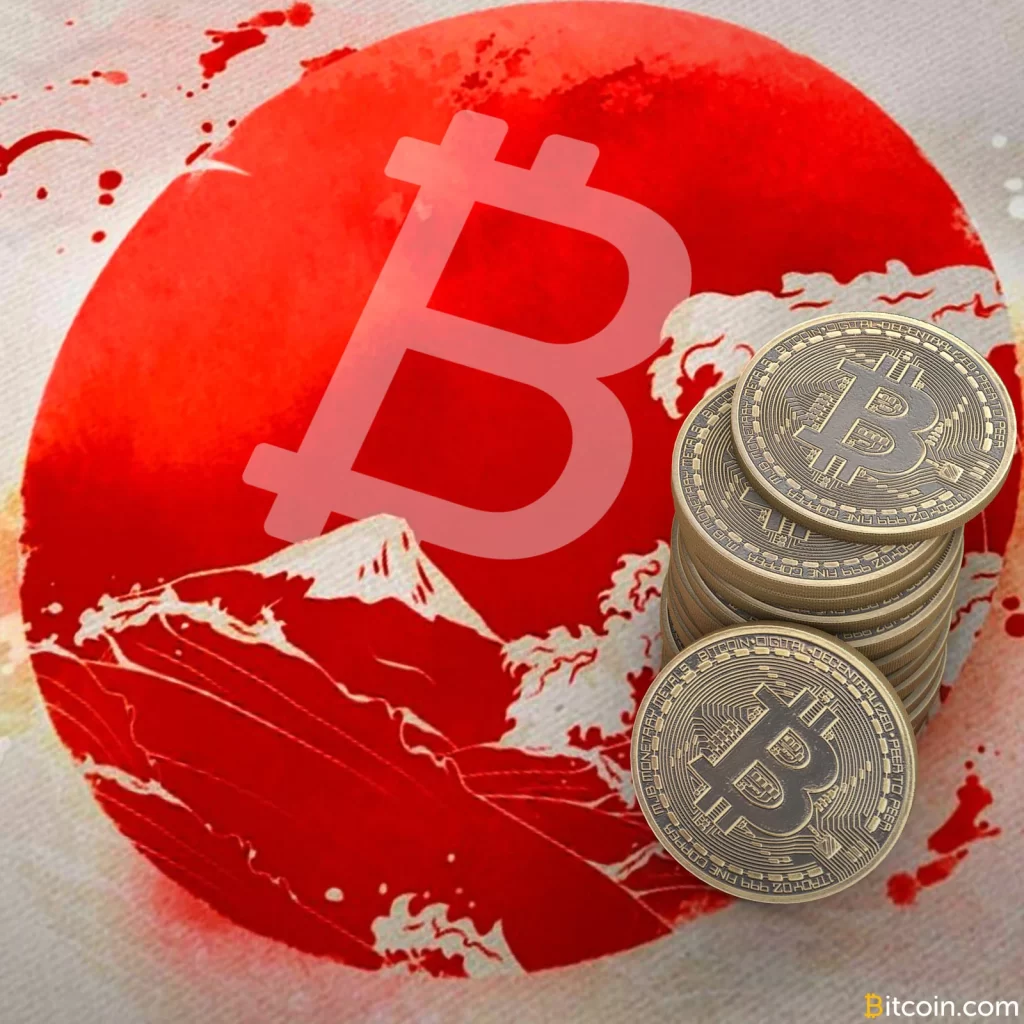Japan Implements Stricter Anti-Money Laundering Measures for Cryptocurrencies
By James Pebenito • May 24, 2023
Japan Implements Stricter Anti-Money Laundering Measures for Cryptocurrencies
The Cabinet of Japan has decided to implement stricter anti-money laundering regulations starting on June 1. By taking these moves, Japan’s legal system will be brought into compliance with international norms and the tracking of Bitcoin asset transfers would be improved. The action is being taken as supervisory agencies all around the world step up their efforts to stop money laundering via cryptocurrency, where illegal monies are disguising themselves as legal transactions.
The introduction of the “travel rule,” which is intended to enhance the monitoring of illicit proceeds, is a crucial component of Japan’s new regulatory framework. This regulation requires financial institutions that handle Bitcoin transfers to give the recipient institution client data. The sender and recipient involved in the transaction should both have their names and addresses listed in this information.
The travel rule is a critical measure for guaranteeing accountability and transparency in the cryptocurrency ecosystem. Authorities can more effectively identify and stop cryptocurrency-related money laundering crimes by enabling the tracking of client information across transactions.

Observing International Standards
Japan is harmonizing its regulatory framework with international norms intended to fight financial crimes related to cryptocurrencies by adopting tighter anti-money laundering measures. Governments and regulatory agencies throughout the world have increased their regulation and monitoring of transactions using crypto assets in response to the growing concern about the possible misuse of cryptocurrencies for money laundering.
Japan’s proactive effort to enforce these regulations demonstrates its dedication to upholding a safe and open financial system. The nation wants to increase its defenses against illegal financial activity, fostering faith and confidence in the Bitcoin market.
The tougher anti-money laundering regulations have various advantages for the cryptocurrency industry in Japan. It enhances market integrity, safeguards investors, and solidifies Japan’s standing as an accountable player in the global bitcoin scene. These actions support the long-term viability and legitimacy of cryptocurrencies as a type of financial asset by addressing problems related to money laundering.
But carrying out such actions likewise has its difficulties. It’s crucial to strike a balance between user privacy protection and heightened security measures. It is essential to make sure that data collection and management are done safely and in accordance with data protection laws. Maintaining customer trust while pursuing effective anti-money laundering policies continues to be a challenging job for regulators and industry players.
The move by Japan to impose more stringent anti-money laundering regulations for cryptocurrencies shows the country’s dedication to fighting financial crime and fostering a safe online financial environment. Japan seeks to improve transparency, accountability, and integrity within the Bitcoin business by putting travel regulations into place and harmonizing with international standards. Although there are obstacles, these steps help create a more secure and long-lasting environment for Bitcoin transactions, boosting confidence among investors and stakeholders.



